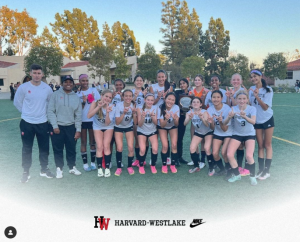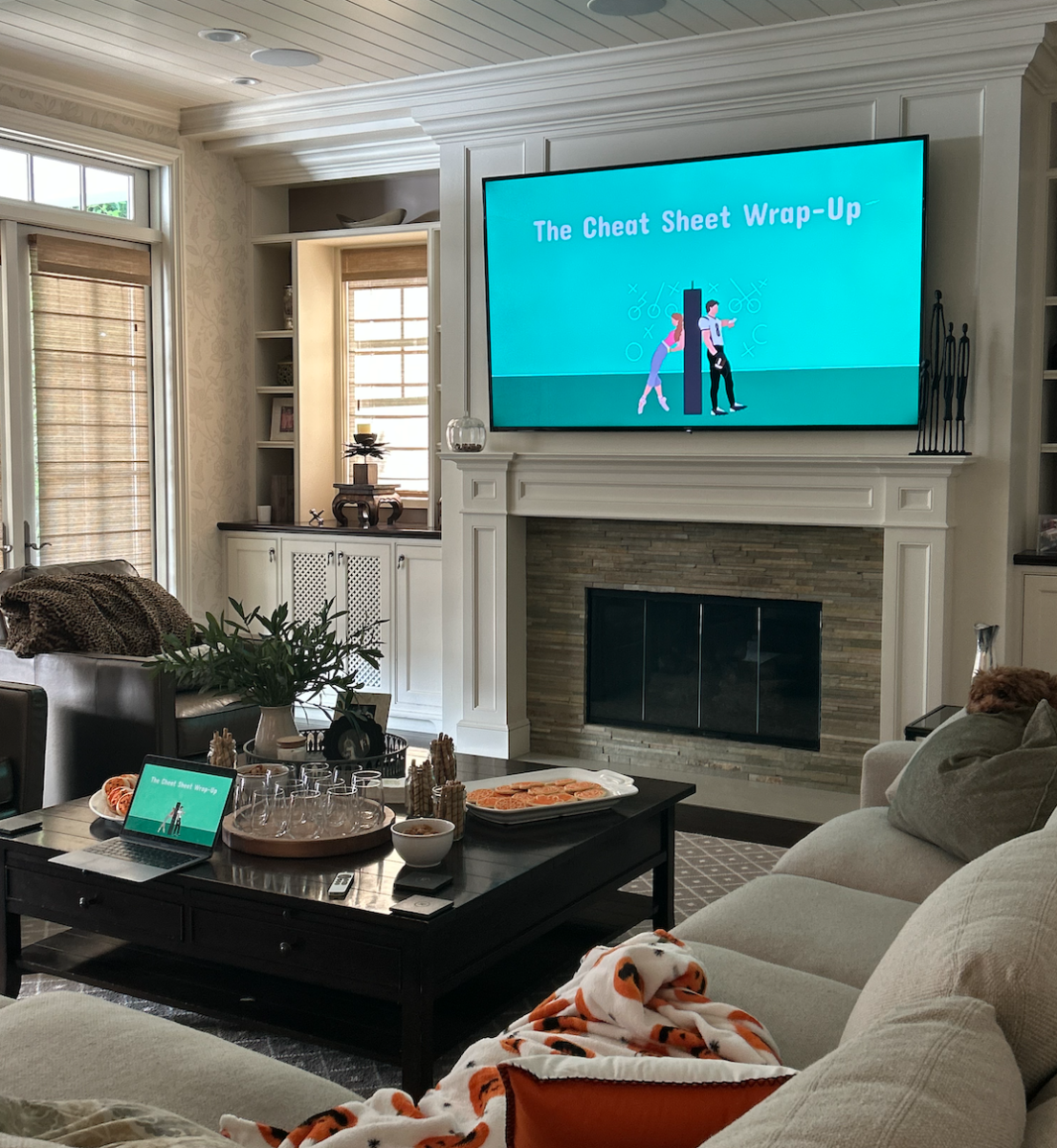Google has been answering all of our questions and concerns, ranging from the nearest restaurant to the biggest political scandal for 22 years, and since then, it has become the world’s best search engine; however, is it a good source to use, and are you getting politically unbiased results?
Users are saying no. When looking at Google Support, you’ll often find people, generally conservatives, complaining about how the results tend to disapprove of Trump and try to make Biden look better. Even though a quick Google search might make this observation appear plausible, there’s more to it.
According to Live Science, Google tends to favor mainstream media or news outlets with a large number of articles and constantly update current events and have a large amount of staff. These include websites such as the New York Times, CNN, Politico, Washington Post and Huffpost, which are all viewed as left-leaning sources.
Even though it may not initially seem like a big deal, it could really impact the way people form their opinions, but biased sources don’t directly correlate to inaccuracy. Bias includes using language that’s meant to make the reader think or perceive the situation in a certain way. People should generally refer towards unbiased studies in order to form their opinions, but when it’s predominantly biased sources that appear, our judgement could be clouded.
Google shows bias in more subtle ways that don’t have to do with mainstream media. When searching up, “school boy,” you’ll often find images of normal cartoon character boys; however, when the term, “school girl,” is put in instead, you’ll end up with incredibly oversexualized women in revealing school girl clothes. The same can be done with professional and unprofessional haircuts, showing how Google is able to put snippets of racism or sexism in simple searches, potentially normalizing them.
According to Web Solutions of America, Google also changes results based on your locations. This may seem obvious at first glance, as it is necessary to take into account your location when looking for local restaurants, plumbers, or when you’re trying to find a friend’s house; however, Google also uses this personalized search feature to change political results based on your history and location. If you live in California, it’s more likely that you’ll see democratic post than republican ones. It is possible to turn off personalized search, but it’s also difficult to do so. “For users signed in to Google, visit your account’s dashboard and scroll down to Web History. Click on “Remove Web History items” and then click on the gear symbol near the top, right of the screen. Select “Settings” and then click the “Turn off” button.”
There are many alternatives to using Google as a search engine. Fossbytes lists many alternatives that include DuckDuckGo, Bing, Quant, and Disconnect.
When it comes to free speech, especially on popular social media apps, things get really fuzzy when it comes to bias. Instagram users have complained about how the reporting system works on Instagram. A lot of political accounts, no matter what side of the spectrum they are on, have their posts deleted for no apparent reason. Part of the issue is the bias that the people who run Instagram have when it comes to controversial posts, and another is because of users that disagree with the content of the post.
A common method used by people that oppose the idea of a post will spam report it. This sends the message to Instagram that the posts are viewed as incredibly offensive by multiple people, which usually results in the post being deleted, and there’s not much you can do from there, since Instagram has no email to contact them at.
The issue with this is the way it affects people’s right to freedom of speech and expression. Is it truly a platform to express yourself when every move could potentially get you banned due to a poorly created system? Freedom of speech is one of the aspects that makes the U.S. desirable to many people. You have the right to express yourself, talk about your opinions, and be able to be heard, but this is all taken away from you by apps or media that actively censor your work.
Despite how both media bias and censorship do impact the way we interpret and read resources, it’s important to understand how lucky we are to have these rights in the first place. We should always work for a way to express ourselves freely, and upholding that right is essential for a strong democracy.










